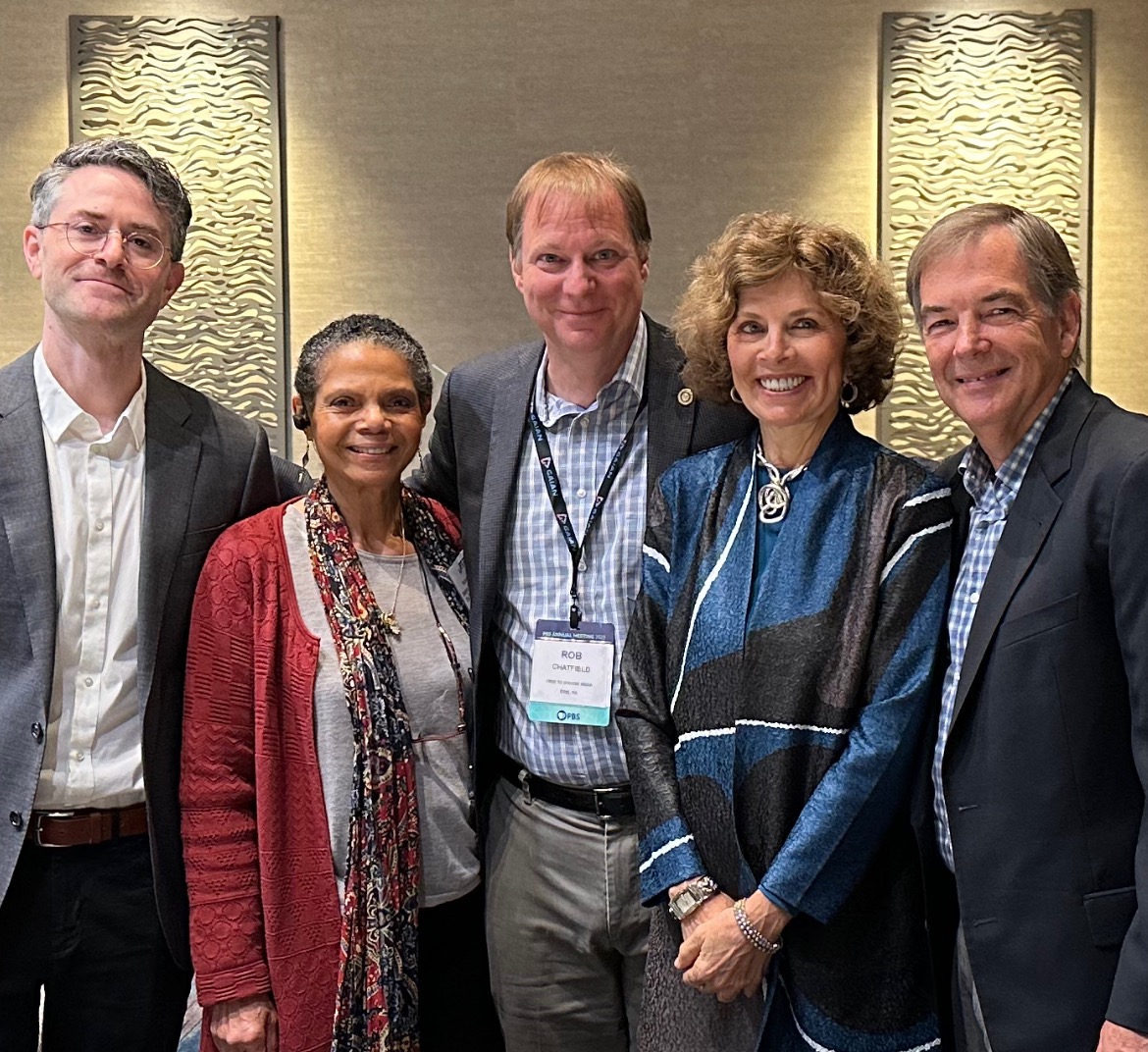Learn From This Blind Man How To Set Ambitious Goals – and Achieve Them
Many people set themselves goals for the New Year. But many forget their resolutions after just a few days or weeks. Today I would like to introduce you to a blind American from whom we can learn a lot about how to achieve ambitious goals. “I spend like 15 minutes just every day, envisioning myself standing on the summit … And, when I summitted Everest, I had summitted it 100 times in my mind already. So, I think that kind of belief system and that kind of programming it into your subconscious is hugely important so that you can truly be there.”
That’s what Eric Weihenmayer, the first blind man to conquer the Seven Summits, the highest mountains on each of the seven traditional continents, told me. Immediately after he reached the summit of Mount Everest on May 25, 2001, his expedition leader said to him: “Your life’s about to change. Don’t make Everest the greatest thing you ever do.” As Weihenmayer later confessed, “Those words sank into my brain and rattled around.” During our interview for my book Unbreakable Spirit, I asked him what those words meant to him today. He responded by referring to research by Dr. Paul Stoltz: “Stoltz studied people around the world and teams around the world and came away with the understanding that people fall into three categories: quitters, campers or climbers. Quitters are sort of self-explanatory. Campers are people that have some degree of success but then they kind of just fall off the map, they lose belief in themselves, they get cynical, maybe they, you know, try something and they fall short or get beat down, and, they kind of get—they just get exhausted, their momentum dies, they get shoved to the sidelines, and they stagnate and all their potential is lost. So, I think about that. I think about, okay, for me, what does it mean to be a climber, which means always growing and evolving, and trying to discover new things. They are not all physical things either. I’ve been going to counseling and learning about myself, trying to understand my own psyche, trying to illuminate the depths of my own character, through that, through counseling, and through meditation.”
Erik Weihenmayer is a man who always sets himself new, ever more ambitious goals. He regards every goal he achieves as little more than the launchpad for his next new endeavor.
After completing the Seven Summits challenge, he decided to take on the Colorado River, the largest river in the southwest of North America, 1,540 miles long. The Colorado River’s most formidable rapids are Lava Falls, which are rated a ten out of ten for their velocity, turbulence and elevation drop. Weihenmayer had never been as scared in his life as he was when he took on Lava Falls. But he also successfully overcame this challenge.
If you want to think big and set yourself ambitious goals, like Erik Weihenmayer, you have to program them into your subconscious. I remember something the famous mountaineer Reinhold Messner said during a lecture a few years ago. He was describing how he had fallen into a crevasse and was almost certain that he would never get out again. With death a real possibility, he firmly resolved that if he did manage the improbable and somehow got out of the crevasse, he would turn back immediately. Once he was out, however, he continued on to the top of the mountain. “I couldn’t help it, because I had woken up every morning and gone to sleep every night with that one goal, and I had programed it into my mind over and over again every day,” Messner explained. His subconscious forced him to keep going and continue the climb to the summit.
At the end of our interview, I asked Weihenmayer what he thought the secret of success was. His words reminded me of Napoleon Hill, who, in his book Think and Grow Rich, repeatedly stressed that every disadvantage contains the seed of an equally great advantage. Weihenmayer calls this, “the idea of alchemy, turning bad things into good things, trying to find the surprises, unexpected gifts in situations…Not just surviving it but really harnessing it, using the energy of that bad thing to propel you into a new place that you probably wouldn’t have gone to in any other way. And you see that time and time again. And it’s an art and a science. It’s really almost magical to watch it appear because you see people just go through so much hell and pain and suffering. And through that pain and suffering and loss, sometimes it becomes the seed of creation and energy and discovery. And so, that translation [from bad to good, R.Z] is something I think we can spend a lifetime trying to achieve.”
Rainer Zitelmann is the author of the book Unbreakable Spirit. Rising Above All Odds.
An expert in book marketing, Michael has personally rebranded more than 1,000 books and made them bestsellers. He has written and published over 7,000 articles and has personally conducted interviews with some of the biggest names in dance music. Michael is passionate about disrupting his industry--and helping writers and music producers do the same. His extensive background in coding and SEO helps his clients breakthrough the digital landscape.
Prior to founding his own businesses, Michael worked in revenue-generation for leaders in the banking, telecommunications, and commercial business insurance industries, including Citibank Financial, Lucent Technology, AVAYA Communications, and Liberty Mutual.
Michael holds degrees in Business Administration, Business Management and Marketing from Nova Southeastern University. The author of two books, he is a dedicated reader and publisher, with many more books on the way.
- Navigating Leadership and Fulfillment: Monique de Maio shares insight into ‘The 7 Secrets to Creating a Life You Love’ in Exclusive Interview - January 29, 2024
- Revolutionizing Leadership: A Deep Dive into Adriana Vela’s ‘Brain Science for the Soul - January 16, 2024
- Learn From This Blind Man How To Set Ambitious Goals – and Achieve Them - January 2, 2024





